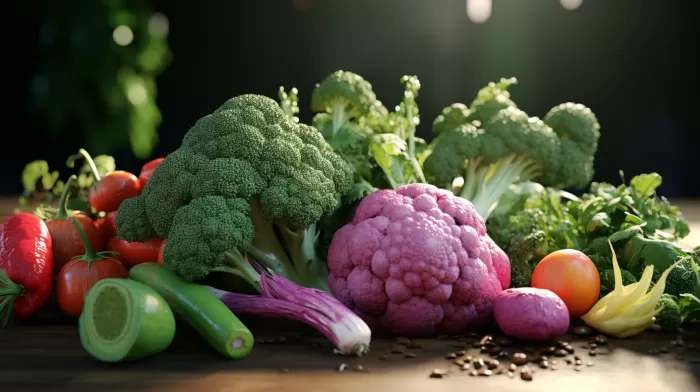If you want to get the most health benefits for your buck, you may want to try a new approach to eating your vegetables. Rather than eating fully-grown broccoli or radishes like most people do, try something different—eat them when they’ve just sprouted from seeds. Now, you may be wondering why you would want to eat vegetables that haven’t finished growing yet. And the answer is simple…
Because the nutritional content of vegetable sprouts is out of this world. Did you know, for example, that some sprouts contain 20 times more vitamins than their full-formed counterparts?
Sprouts also pack a more powerful punch against cancer. Just look at broccoli sprouts — they contain 20 to 50 times the amount of cancer-fighting compounds as a mature broccoli plant. That’s probably why doctors in ancient China prescribed sprouts for a long list of health issues over 5,000 years ago. They knew even back then that these baby plants had something special.
Sprouts: Nutrition Powerhouses
Sprouts have some incredible nutritional benefits. And they were right. Sprouts have:
- 100 times more enzymes than full-grown vegetables
-
More fatty acids and fiber
-
Nutrients and protein that are easier for your body to use.
It’s no wonder, then, that sprouts are powerful diseases-fighters that have been shown to help with digestive problems, anemia, heart health, asthma, weight loss, and immune health, among other things.
But do you know what sprouts are best known for? Their ability to keep cancer from sprouting in your body. Cancer prevention is probably the single best reason to add these baby vegetables to your daily diet. And if you do, you should start with a few proven cancer-fighters:
Broccoli Sprouts
Broccoli sprouts are chock-full of sulforaphane, a compound that has been shown time and time again to have anti-cancer properties. A 2009 study showed that the sulforaphane from broccoli has an antibiotic effect that kills the gut bacteria H. pylori, which has been linked to stomach cancer. Broccoli sprout extract itself has been shown to fight bladder, breast, lung, skin, oral, and stomach cancer in scientific studies.
Mung Bean Sprouts
A 2006 study showed that a compound in mung bean sprouts kills human tumor cells.
Radish, Alfalfa and Clover Sprouts
A 2004 study found that eating just over 100 grams of sprouts per day can protect you from DNA damage. DNA damage puts you at a higher risk for cancer, so you’ll want to eat up. In the study, researchers used a mixture of radish, alfalfa, clover, and broccoli sprouts.
Now, you can buy most of these sprouts from the store. But if you have a green thumb, you can also grow them yourself in the comfort of your own home. If you’re interested in becoming a DIY sprouter, here are some instructions to help get your sprouting adventure started.
How To Grow Your Own Sprouts
- Step 1: Choose your seeds
You can find sprouting seeds online or in stores. Make sure to choose organic, non-GMO seeds, as these will have fewer chemicals and pesticides. -
Step 2: Soak your seeds
Place the seeds in a mason jar and fill it with water. Let the seeds soak for about 6-8 hours (or overnight). This will help to soften the outer layer of the seeds, making it easier for them to sprout. -
Step 3: Rinse and drain
After soaking the seeds, drain the water using a fine mesh strainer or cheesecloth. Rinse the seeds thoroughly under running water. Then, allow the seeds to drain and return them to the jar. -
Step 4: Let the sprouting begin
Cover the mouth of the jar with a breathable material like cheesecloth and secure it with a rubber band. Store the jar in a cool, dark place. Rinse and drain the sprouts twice a day to keep them hydrated and prevent mold from forming. -
Step 5: Harvest your sprouts
After 3-5 days, your sprouts should be ready to eat. They should be around an inch long with small green leaves. Give them one final rinse and strain, then store them in the fridge for up to five days.
Now you know the benefits of sprouts and how to grow your own, it’s time to start enjoying these nutrient-dense baby vegetables. Add them to your salads, sandwiches, and smoothies for a powerful punch of nutrition and cancer-fighting properties. Go ahead and give sprouts a try – your body will thank you!



